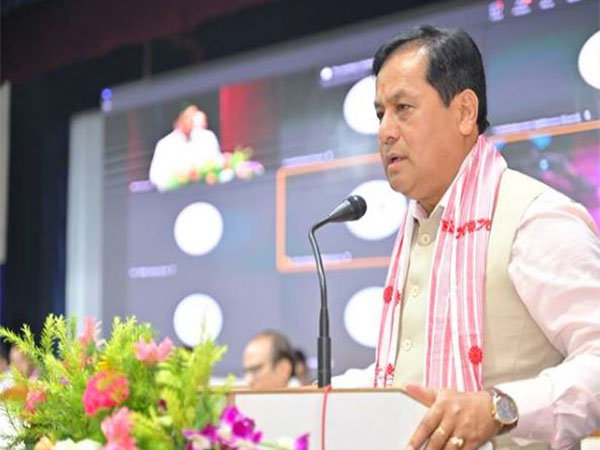India Sets Sail for Shipbuilding Supremacy by 2030
The Great Oceans Dialogue concluded successfully in New Delhi, highlighting India's ambitious maritime goals. Union Minister Sarbananda Sonowal announced India's goal to become a top 10 shipbuilding nation by 2030. Discussions centered on partnerships and sustainable growth in the maritime sector, with insights from global leaders and policymakers.

- Country:
- India
The Great Oceans Dialogue, a collaborative event hosted by the Ministry of Ports, Shipping & Waterways (MoPSW) and the Observer Research Foundation (ORF), concluded in New Delhi on Tuesday with notable success. Union Minister Sarbananda Sonowal outlined India's ambition to become one of the world's top ten shipbuilding nations by 2030, driven by a vision for an enhanced maritime future. The forum provided a platform for discussions on nurturing partnerships to strengthen the maritime industry.
Prime Minister Narendra Modi, in a message from Nigeria, applauded the event, recognizing its significance in shaping global maritime practices. He emphasized the role of 'Sagarmanthan, The Ocean's Dialogue,' in promoting a consensus for a free and secure maritime network, spanning from the Indian Ocean to the Indo-Pacific. Modi highlighted the 'Indo-Pacific Oceans Initiative', placing marine resources at the core of international growth efforts, pointing to the dialogue's contribution to a rules-based global order fostering peace and collaboration.
Union Minister Sonowal reinforced India's maritime vision during a one-on-one discussion, emphasizing modernization and digitization as key to India's transformation into a major maritime nation. He lauded India's strategic aim of entering the top 10 shipbuilding countries by 2030 and eventually the top 5 by 2047, aligning with PM Modi's 'Atmanirbhar Bharat'. The sessions also focused on the circular blue economy, stressing sustainable maritime practices and the need for effective local and global partnerships.
(With inputs from agencies.)
ALSO READ
Strengthening Ties: Jaishankar's Strategic Indo-Pacific Talks with Australia
Strengthening Ties: Key Discussions on Indo-Pacific
Bangladesh’s Path to Digital Trade: A Bold Push Toward Cross-Border Paperless Transformation by 2030
Piyush Goyal Lauds EEPC India's $300 Billion Engineering Export Target by 2030
Exxon Mobil Sets Sights on Mozambique LNG by 2030










